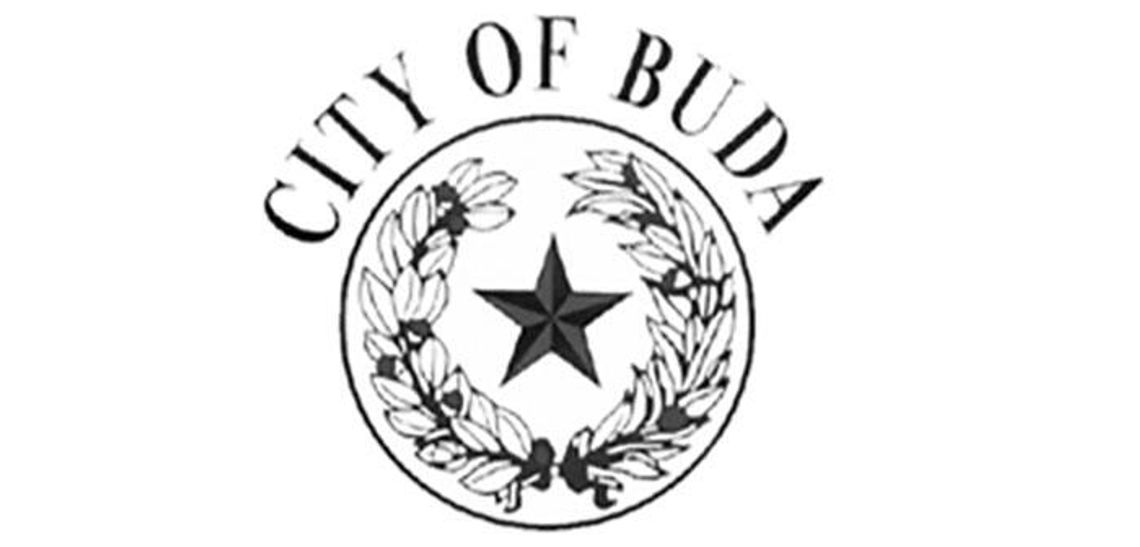Still Budaful 2.0 is on its way to bring Buda businesses a second wave of loans and grants and, this time, the regulations are more inclusive.
The new phase will grant a total of $250,000 and also opens a loan opportunity totaling $100,000. Combining
the money allocated from the first and second phase, the city of Buda will have granted its businesses $730,000. Funding will be different this time; Buda’s small business task force decided to pull back some regulations, allowing more businesses to apply. Unlike the grants, which are restricted to businesses within the city limits, the loans portion is expanded to businesses in the ETJ.
Traci Anderson, director of the Buda Economic Developments Corporation, said the task force is trying to encompass a lot of businesses not included in the first round.
The program has gotten attention from cities all over Texas which have asked the small business task force how it is setting up the guidelines, so they too can create a stimulus grant. Although round two’s regulations may
have some amendments made, its basic foundation has been decided. Applications will be open to the public on June 3.
City council members approved the Still Budaful 2.0 proposition and amendments will be brought back to council members on June 2 for final approval.
Overall, the grant money’s intended use remains the same; but in the first round, only businesses who generated
sales tax could apply. The new regulations removed this criterion to include more businesses, such as those in the medical field, nonprofits and more. Applicants must be registered with the secretary of state.
There was $50,000 of grant money left over from the first round of Still Budaful which will go into the 2.0 program, allotting $300,000 in this round.
The $100,000 for loans portion of the program will fund 10 businesses within the city limits and the ETJ. Businesses can ask for up to $10,000 and can be forgiven if certain guidelines are met.
To ask for loan forgiveness, businesses must retain or create one full-time job within three months of receiving
the funds. They must also stay in business for at least six months, but Anderson said this criterion is under review. Businesses must be registered with the secretary of state and have good compliance with the city. Businesses have to show loss of revenue of greater than 25 percent during this period versus the same
period last year.
Funds must be used for set authorized purposes, if not, businesses will have to make repayment with interest.
City council members praised the Buda EDC as well as the small business task force for their effort to keep the city’s businesses operational.











